Cosla calls for end of council tax freeze in Scotland
- Published
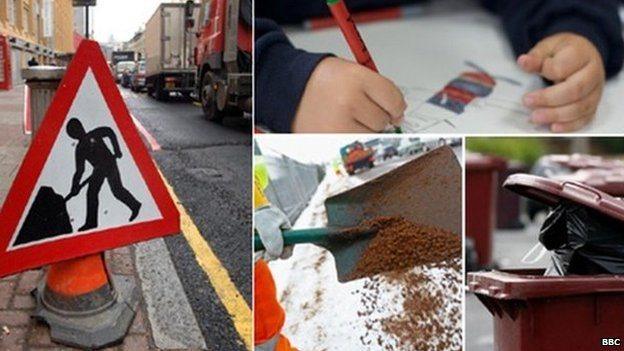
Councils have to balance funding needs of the many areas competing for their attention
The council tax freeze needs to end, according to the organisation that represents most of Scotland's councils.
Cosla makes the call in its response to the Scottish government's commission on alternatives to the tax.
It says the council tax should be reformed rather than replaced with more flexibility in the bands which properties are placed into.
The Scottish government said it was examining fairer alternatives to the current system.
Cosla's submission also says councils should have more power to levy other taxes.
At the moment the council tax is levied at eight different levels - depending on the value of a property. But the charges in each band are tightly related to each other.
Councils only set the Band D level - the council tax rates for each other band are a proportion of the Band D charge.
The thinking is that a council could have the freedom, for instance, to increase the charges for people in the most expensive properties without expecting people in small or average properties to pay more.
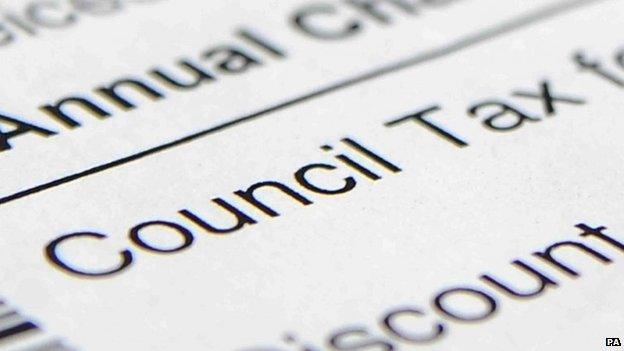
The council tax has been frozen in Scotland since 2007
This is the first time Cosla has explicitly called for the end of the council tax freeze.
The SNP promised to maintain the freeze in the 2011 Scottish elections. Cosla will be keen to try to influence each party's policy on local government ahead of Scottish elections next year.
In its submission Cosla says: "The overall fairness and ease of understanding of the council tax requires to be improved by undertaking a wholesale revaluation, regular revaluation cycles thereafter and by addressing the number and widths of the council tax bands.
"Operated effectively the council tax is designed to be determined locally and has a potentially strong link with democratic accountability. However this link has been significantly eroded by the council tax freeze and must be reinstated as a matter of urgency.
"In particular we are clear that local people should decide on levels of local taxation in relation to the services they want and that it is completely inconsistent with a strong local democracy for this to be determined locally and enforced nationally.
"We would therefore ask the commission to call for an immediate end to the council tax freeze and not wait for an alternative local taxation system to be developed and implemented."
Carrot and stick
The council tax freeze has been in place since 2007. It works through a carrot and stick approach - councils would lose government cash if they put up the council tax so any rise would need to be significant to have an impact.
Councils across Scotland are continuing to weigh up options for cuts and savings.
Glasgow recently warned it would need to save £100 million in the next few years and that 3,000 jobs could go.
The Scottish government argues that the council tax freeze has been a real help to family budgets. It also argues it has tried its best to protect councils from what it describes as Westminster austerity.
The commission on alternatives to the council tax was announced last year by the First Minister Nicola Sturgeon.
It has been taking evidence from interested parties and is expected to publish a report later this year.
'Fairer alternatives'
Other potential options for replacing the council tax might include a local income tax - an option supported by both the SNP and Liberal Democrats in the 2007 Scottish election - and a land-based tax, which is backed by the Scottish Greens.
A Scottish government spokesman said: "Scottish ministers believe the current council tax system is unfair - that's why we have worked with our local government partners to freeze the council tax for the eighth consecutive year, providing £70m per annum.
"All 32 councils have confirmed the continuation of the council tax freeze for 2015-16 delivering cumulative savings for an average Band D household, over the period 2008-16, of around £1,200 based on the additional £70m being provided each year.
"We have now set up the cross-party commission on local tax reform jointly with Cosla, to examine fairer alternatives to the current system, and the commission will deliver its independent report in the autumn."
- Published19 June 2015
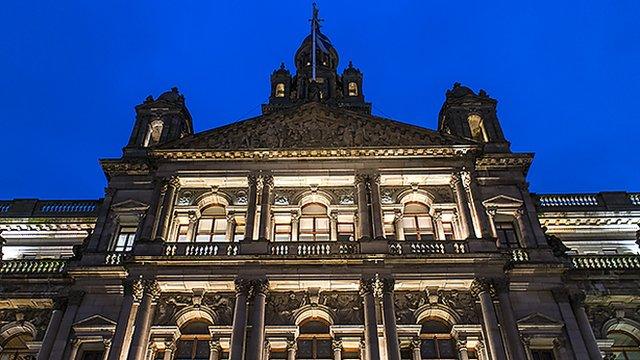
- Published5 March 2015

- Published12 February 2015
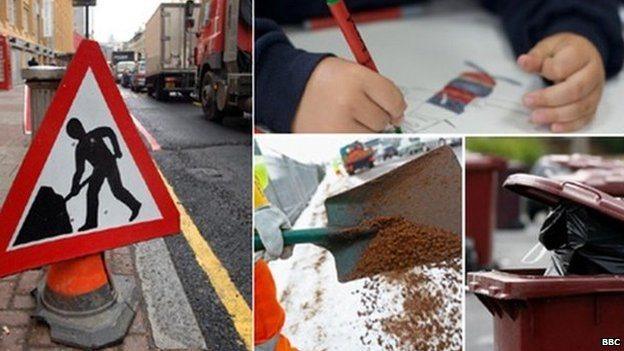
- Published26 November 2014
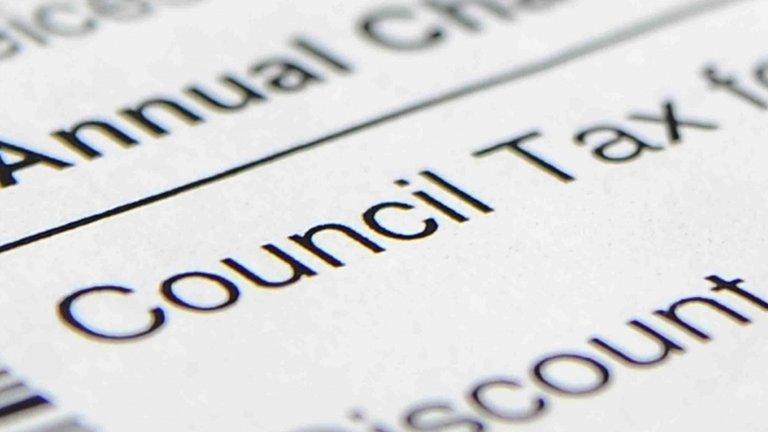
- Published13 March 2014
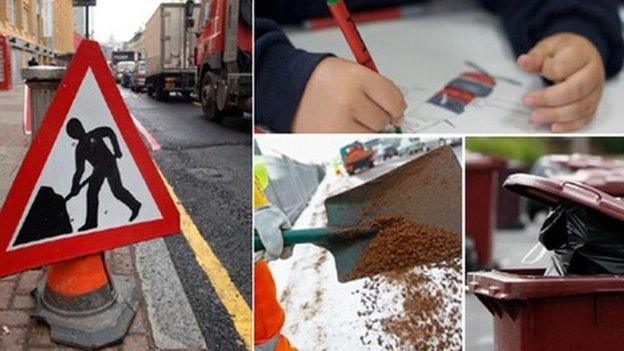
- Published15 March 2014
